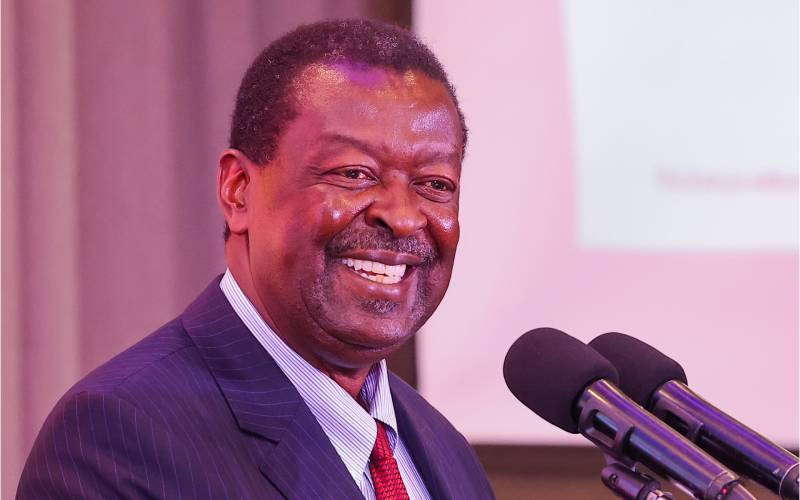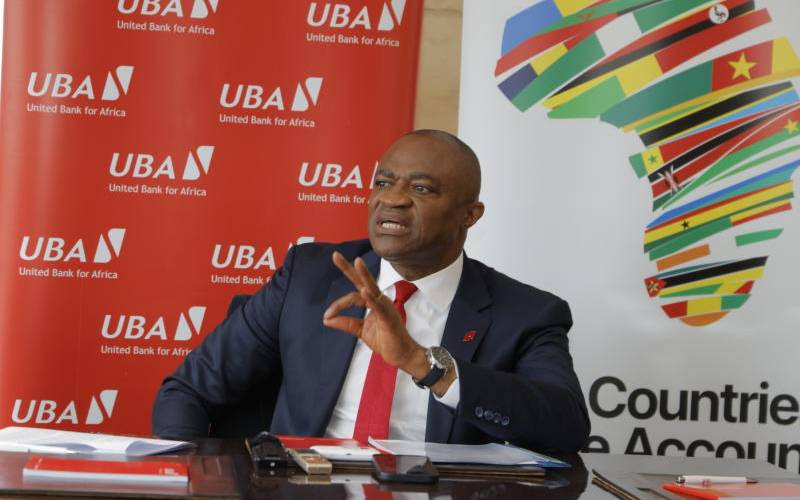
Kenya has made remarkable strides in communication, trade and industry in the last two decades. Prime Cabinet Secretary Musalia Mudavadi said the journey spans from a tightly
controlled communications system to a digital economy that is now admired across the globe.
And as Safaricom celebrated 25 years of transforming lives, Mudavadi noted that the country’s digital transformation that began three decades ago has been driven by bold policy
reforms and visionary leadership. “We dared to dream of a connected Kenya, a time of bold ideas and decisive reforms, when we laid the foundations for a digital revolution,” he said.
The CS noted that it was during his tenure as Minister for Finance that he steered Kenya towards liberalisation and technological innovation, at a time when communication was
limited, expensive, and monopolized.
“I spearheaded the liberalisation of our economy, removing price and exchange controls and embedding the principles of a free-market economy that encouraged innovation and
private enterprise,” Mudavadi noted.
In the early 1990s, Mudavadi’s reforms dismantled rigid economic structures, opening doors for private sector participation in key industries and the economy.
Later, as Minister for Information, Transport and Communications, he championed the liberalisation of the communications sector, breaking up the State monopoly and opening the
airwaves to new voices.
That shift ushered in a new era, one defined by the rise of private radio stations, increased media freedom, and the birth of mobile telephony. During this period, the government
licensed Safaricom and Kencell (now Airtel), unlocking a technological revolution that changed how Kenyans connect and conduct business.
“Working closely with Michael Joseph (Safaricom CEO then) and the dedicated Safaricom team, we witnessed the rise of a homegrown success story that would go on to empower
millions and place Kenya at the heart of Africa’s digital innovation journey,” Mudavadi said.
Stay informed. Subscribe to our newsletter
The results of these reforms have been profound. Kenya now leads the continent in digital finance, innovation, and connectivity.
From the first mobile calls in the early 2000s to the introduction of M-Pesa the world’s leading mobile money platform the nation has evolved into a regional technology powerhouse.
Today, more than 95 percent of Kenyans own a mobile phone, and mobile money has become a cornerstone of daily life, driving entrepreneurship, creating jobs, and expanding
access to essential services like health and education.
“As I look back, I take pride in how far we have come a testament to vision, courage, and the enduring spirit of the Kenyan people,” Mudavadi said, adding that Kenya’s digital rise is
a powerful example of how visionary policy and public-private collaboration can turn a once-closed system into a connected nation

